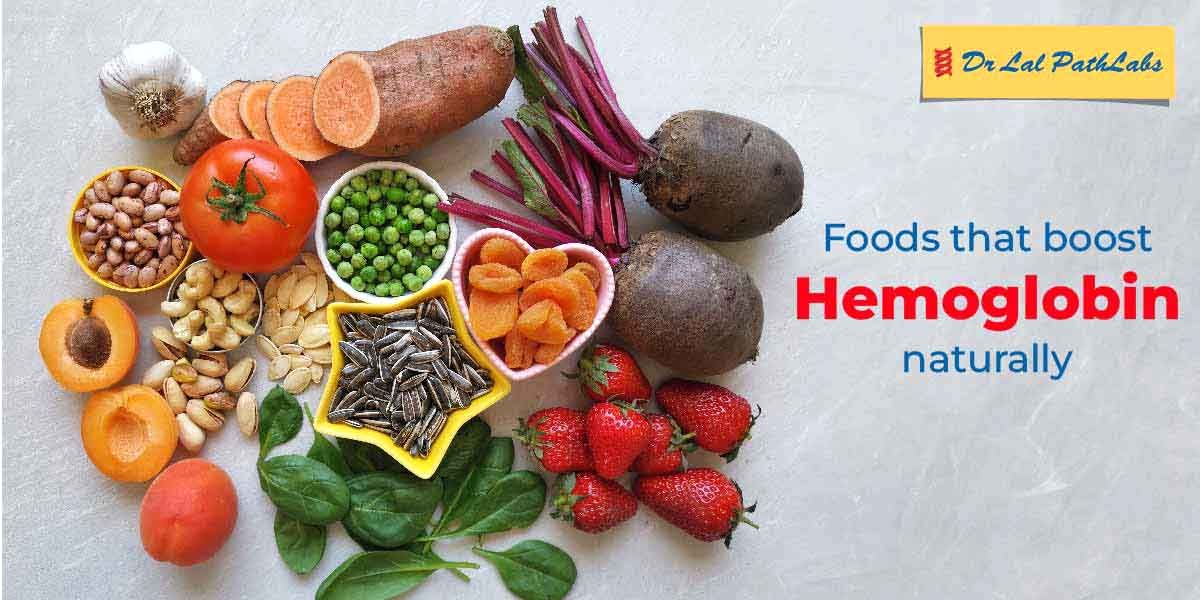5 Simple Diet Tips for Hypothyroidism

Hypothyroidism is a case of an underactive thyroid gland. In this health condition, the thyroid gland, responsible for the body’s metabolic rate, development and growth, produces inadequate levels of the thyroid hormone.
This results in a slow metabolism. Individuals suffering from this can gain weight and feel more tired than usual as the body’s rate of breaking down food gets negatively impacted.
Further, if left untreated, hypothyroidism can lead to complications such as heart problems, goitre, infertility, peripheral neuropathy (damage of the peripheral nerves that carry information to the brain), birth defects, etc.
While individuals suffering from hypothyroidism are usually prescribed medicines, they must also regulate their food intake and adopt a healthy hypothyroidism diet plan to manage the condition effectively.
This article discusses 5 simple yet powerful tips to enhance a hypothyroidism diet plan for optimal nutrition. These include:
5 Simple Diet Tips for Hypothyroidism
- Consume a Low-fat Diet
As mentioned previously, hypothyroidism slows down metabolism that can interfere with weight management, which is important in treating this condition. Individuals who consume foods high in fat can gain weight and negatively impact the functioning of the thyroid gland.
As part of a healthy hypothyroidism diet plan, individuals must instead choose low-fat foods such as fruits, low-fat dairy products, etc. This will help manage one’s weight while also ensuring the body gets all the nutrition it needs to manage hypothyroidism.
- Include Foods Rich in Vitamin D
As per a study published in the International Journal of Health Sciences, there is a positive link between vitamin D and hypothyroidism. Calcium and vitamin D can help maintain optimum levels of the thyroid stimulating hormone (TSH).
TSH is responsible for regulating the efficient functioning of the thyroid gland, making its healthy levels crucial to the treatment of hypothyroidism. Foods high in vitamin D include mushrooms, salmon, tuna fish, sardines, milk, orange juice, yoghurt, eggs, etc.
Individuals suffering from hypothyroidism must include these foods in their hypothyroidism diet plan for effective management of the condition.
- Include Foods Rich in Antioxidants
Antioxidants are molecules that scavenge and neutralise free radicals (unstable atoms that compromise cells, increasing the risk of illnesses). While the human body has it’s own antioxidant defences to target free radicals, these can also be found in certain foods that can improve body reserves.
Foods rich in antioxidants include bananas, oranges, blueberries, strawberries, artichokes, beets, okra, nuts, whole grains, and legumes. Including these into one’s hypothyroidism diet plan can help promote the smooth functioning of the thyroid gland.
- Prioritise Lean Proteins
Protein is essential for the smooth functioning of the body. This food group promotes muscle growth, bone strength, metabolism, fat burning, and recovery after injuries while reducing blood pressure and food cravings.
Proteins can be largely divided into fat and lean. Individuals suffering from hypothyroidism must include lean proteins in their hypothyroidism diet plan to maintain the overall health of the body.
These include eggs, chicken, fish, yoghurt, lentils, tofu, etc. A diet low in protein can slow down metabolism, further exacerbating hypothyroidism in individuals.
- Avoid cruciferous vegetables
Cruciferous vegetables are named after the Latin word for Crucifix, as these vegetables resemble a cross as they blossom. This group of plants includes arugula, broccoli, brussels sprouts, cauliflower, bok choy, kale, turnip and radish.
The reason why these are foods to avoid with hypothyroidism is that these release a compound called Goitrin as they break down during digestion. Goitrin can impair the smooth functioning of the thyroid by binding iodine and reducing thyroxine secretion from the thyroid. As a result, these can severely affect patients suffering from hypothyroidism.
Individuals suffering from hypothyroidism must consume a hypothyroidism diet that is low in fat and high in vitamin D-rich foods, antioxidant-rich foods, and lean proteins. Further, a balanced hypothyroidism diet plan must avoid cruciferous vegetables for optimal nutrition.
In addition to consuming the right diet, individuals must also consult a medical professional and book a hypothyroidism test with Dr Lal PathLabs for effective monitoring and treatment of the condition.
FAQs
- What Is the Best Diet for Hypothyroidism?
The best diet for hypothyroidism includes foods rich in vitamin D and antioxidants while being low in fat. Further, lean proteins are a great food for hypothyroidism and cruciferous vegetables must be avoided for a healthy hypothyroidism diet plan.
- What Not to Eat in Hypothyroidism?
The foods to avoid with hypothyroidism include fried foods, ultra-processed foods, and cruciferous vegetables. These foods can trigger the immune system or cause inflammation in people suffering from hypothyroidism.
- What is a Good Breakfast for Hypothyroidism?
A good breakfast for hypothyroidism can include spinach, eggs, berries, chia pudding, chickpeas, sweet potato, mushrooms, etc. Individuals must try to include low-fat, antioxidant-rich, and vitamin D-rich foods in the hypothyroid diet plan.














